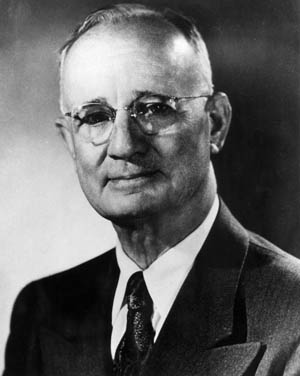If there is one thing that is equally distributed by the Lord Almighty, that is Time. And it is the most important of all resources. Proper use of time makes the people very successful and vice-versa. With the fast development of technology, executives are expected to be far more productive. It is possible. But it calls for more efficient use of your time.
In fact, over the years our attitude towards time has changed. Today, each one of us has become aware of cost of time.
One can effectively use time if the goals are written down. The specific goals make it mandatory to write down a plan of action. And when you have worked out your plan to achieve your goals in respect of important aspects of life, there is hardly any time which you can afford to lose.
I would like to mention here that some habits need to be changed to be more time productive. These are:
- Procrastination is the most potent culprit which destroys some of your most precious time. It is only important tasks that you want to carry out as a priority. But if the task is challenging, many a time you tend to postpone it. In the process, you lose time but more importantly the burden or guilt of not attending to important work makes you time inefficient. So having a habit of procrastination even in the smallest measure is not permissible.
- Time has the habit of expanding to work to the time allotted. Even if you are able to do a job in two hours, but you have four hours available, the work will expand to fill all four hours. So what is the remedy? Allot lesser time to the task. You may have to stretch yourself a bit. Do it. But, save time.
- Another villain which steals away your time is indecision. Whenever you are not able to decide between two or more options, you lose time. You must learn to be more decisive. Normally decisions are not taken because of risks associated with the decision. We must remember that not taking any risk is the biggest risk of our life.
- Verbosity in our speech is another time-wasting demon. We need to be terse in our communication. It just requires better focus and a determination of not using more words than are necessary.
- If we follow the system of diving our tasks into four quadrants as propounded by Steven Covey of “Seven Habit of Successful People”, we can surely save time which is often wasted.
There are some suggestions to use our time more productively. These are:
- Keep a Time Log for 2-3 days. Understand the normal, routine use of your time. Now study the same to find out where you can save time. The exercise will not go waste. In process the credit balance of your time current account will increase.
- If you want to become really time efficient follow the rule of 60 : 25 : 15.You must try to complete your routine (daily tasks) in 15% of the available time. Besides, 25% time should be spent on ongoing projects. Finally, spend 60% of your time on developments, innovations, and new projects.
- Make a to-do every day morning and try to complete the jobs which must be done on that day. In this list, you must keep in mind the priorities. In fact proper prioritizing your tasks enables you to use your time very productively.
Working out priorities:
You must analyze your tasks. Then place them in three distinct categories:
- Tasks which are important as urgent. These cannot be carried forward.
- Tasks which are important but not urgent. For example, looking after your health and going for a walk daily is important but not urgent.
- Tasks which are neither urgent nor important. These should always receive the least importance.
While making your to-do list you must be realistic. Don’t pack too many things in a day which cannot be completed. If is unnecessary to create a burden for yourself. This will decrease your efficiency.
Thanks for reading.



